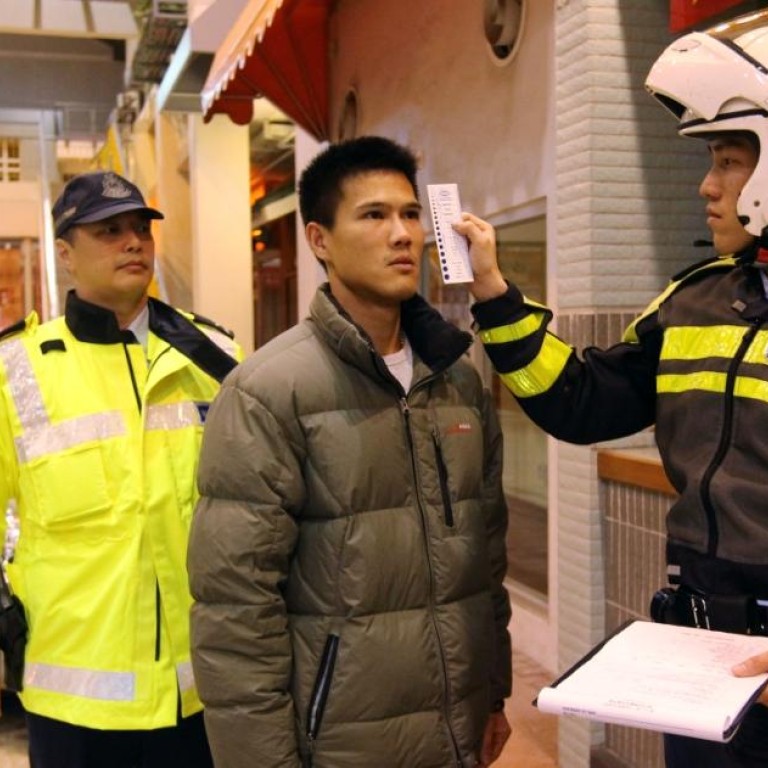
Focus on addicts' welfare, not drug tests, say social workers
Rather than investing in a compulsory drug test scheme, the authorities should work towards improving drug addicts' rehabilitation chances
Authorities should put more resources into social welfare organisations and rehabilitation instead of a mandatory drug testing scheme to tackle the city's drug problem, social workers say.
They were speaking after a proposal for compulsory drug testing was put up for public consultation on Wednesday.
The Action Committee Against Narcotics has proposed giving police the power to conduct mandatory drug tests if they detect the presence of drugs or if a person shows signs of being under their influence. It also wants police to have the power to refer individuals who fail the tests to welfare groups for treatment.
Social workers at a workshop yesterday said the plan's effectiveness would be limited because the city lacked rehabilitation resources and experienced social workers, meaning cases would pile up if it was introduced.
Addicts would have to wait months to secure a place at a rehabilitation centre, said Kwok Mei-ha, an outreach social worker who works with young drug abusers in Sham Shui Po.
"A client of mine didn't receive any positive response from a rehab centre until half a year after we helped him submit the application," she said. "By then, his bladder was already badly damaged by drugs."
Community Drug Advisory Council head Wong Po-man said he once accompanied a young addict for a blood test at one of the biggest rehabilitation centres but never received any feedback.
"I don't understand why the government would rather put resources into this scheme instead of rehab centres and social groups that have been helping the drug addicts and misusers on the front line," he said.
But what concerned social worker Sum Tse most was that a mandatory drug test may not detect drug abusers at the early stages of their habits.
"If addicts are not motivated to get clean, a mandatory drug test is meaningless," she said.
Action Committee Against Narcotics chairman Daniel Shek Tan-lei said the expanding population of hidden abusers was a major reason the committee wanted the testing scheme.
But Tse said tests would worsen the situation. "Drug abusers will steer clear from not just police but also social workers, worrying that social workers are working with the police to put them in custody," she said. Her comments echoed the experience of a former addict who wanted to be known only as Karen, who said her encounter with the police when she was taking cocaine and ecstasy years ago left her with little faith in the plan.
"When the police checked on drugs in the name of 'checking licenses' at bars and discos, they often threatened us. They treated young drug addicts as criminals instead of victims," she said.
The proposal is undergoing a four-month public consultation, with four public forums on the scheme early next month.
